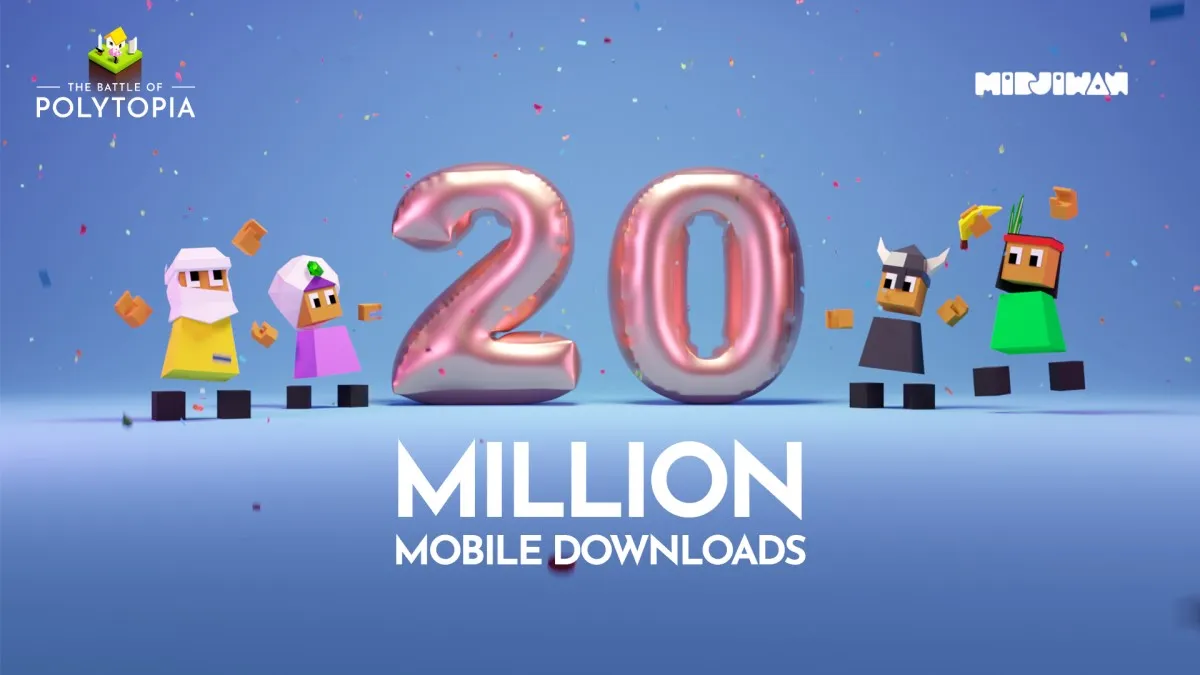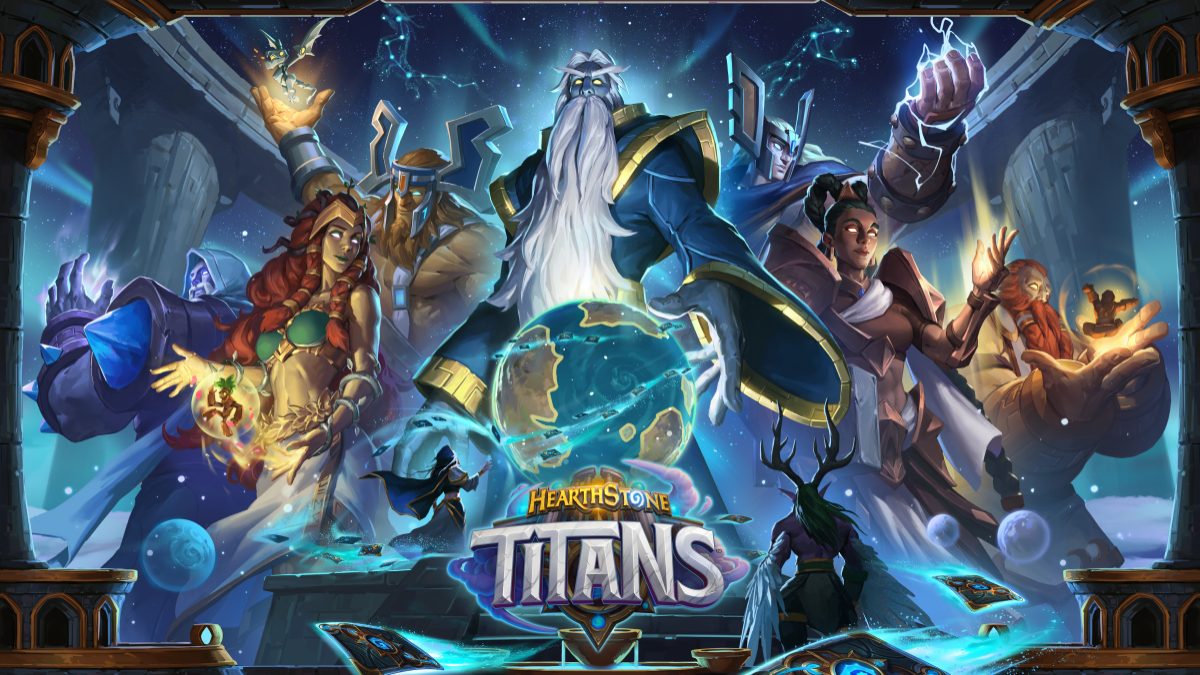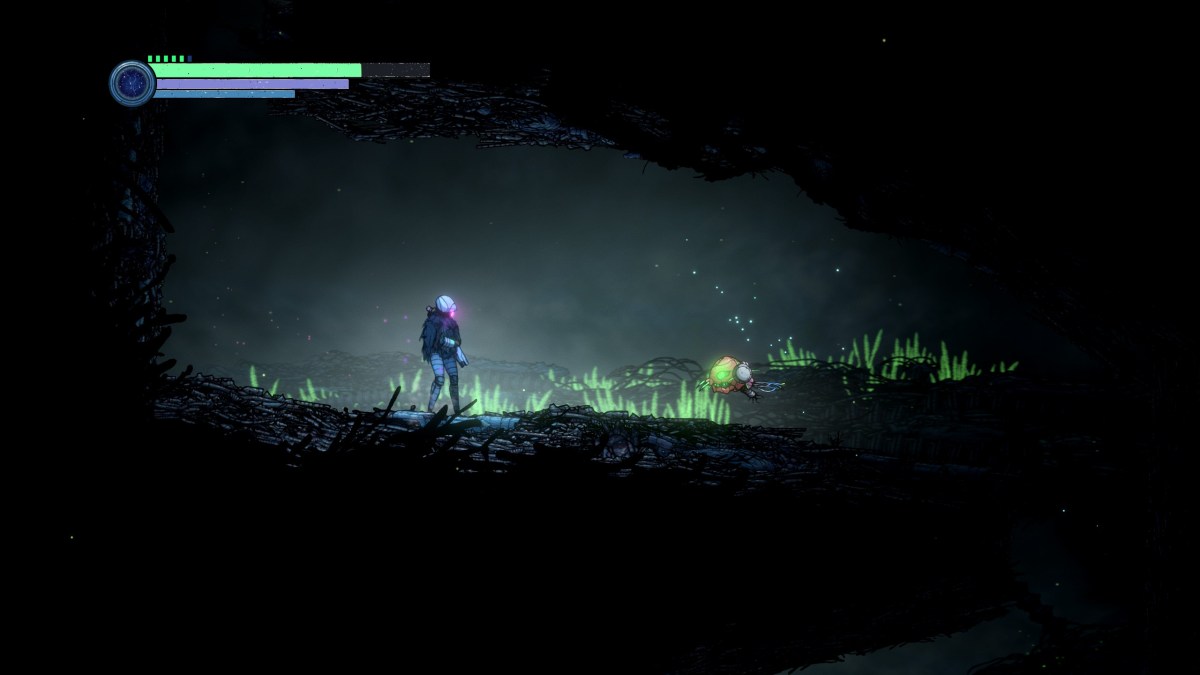The UFO series of titles have been popular for many years and we still have fond memories of being slumped over the keyboard playing into the early hours . Gamers can now rejoice as the series is set to return courtesy of ALTAR Interactive and their up and coming title UFO: Aftermath. We recently caught up with Altar Interactive’s Jiri Rydl to find out more about the game.Q: Can you tell us a bit about Altar Interactive.Jiri Rydl: ALTAR interactive was founded in 1997 in Brno, Czech Republic and currently employs over twenty people full-time. We developed the successful RTS Original War last year for Virgin Interactive Entertainment and now we are working on a small squad based tactical game with RPG and strategic elements called UFO: Aftermath. My name is Jiri Rydl and I am responsible for public relations. ALTAR interactive was founded in 1997 in Brno, Czech Republic and currently employs over twenty people full-time. We developed the successful RTS Original War last year for Virgin Interactive Entertainment and now we are working on a small squad based tactical game with RPG and strategic elements called UFO: Aftermath. My name is Jiri Rydl and I am responsible for public relations.Q: Can you give us a quick overview of the game. Can you give us a quick overview of the game.J.R.: In near future, a large spaceship will approach the Earth. It does not answer any human attempt to communicate, and it releases a huge amount of spores into the upper layers of the atmosphere. The spores start to multiply very quickly, and soon they completely obscure the sun. This is later called “Twilight”. In near future, a large spaceship will approach the Earth. It does not answer any human attempt to communicate, and it releases a huge amount of spores into the upper layers of the atmosphere. The spores start to multiply very quickly, and soon they completely obscure the sun. This is later called “Twilight”.When this is accomplished, the spores drop to the Earth surface, killing all complex living organisms, including humans, animals and plants. This is later called “Nightfall”.
It only took seven days from the time the spores entered the atmosphere before they fell down. The human response – when it was possible – was quite feeble: there was no attempt to attack the ship and the analysis of the spores did not alert humans to the danger. The question remains if something could have been done: in all likeness there wasn’t.Only handful of humans survived the Nightfall – in sealed underground bases and similar facilities. After several weeks the spores disintegrated and it was possible to walk on the surface again. The remnants of the human population tried to make contact with each other and start some coordinated action. Their first task must be to find out what really happened and what are the ultimate motives of the attackers.Q: How did the game come to fruition? There’s been a name change along the way and from what we can tell the game has changed quite a bit since the idea was first announced. Also how did Mythos fit into all this?J.R.: ALTAR interactive took over the project formerly known as Dreamland Chronicles: Freedom Ridge, but could use very little of the code because of Mythos’ heavy reliance on third party graphical and audio middleware. Dreamland Chronicles: Freedom Ridge was not an official X-COM sequel; it was termed the “spiritual successor to X-COM” as it was being developed by Mythos, the original creators of X-COM. Together with our publisher, Virgin Interactive Entertainment, we decided to change the name a little bit, first to UFO: Freedom Ridge and then to UFO: Aftermath to show that we’re developing a completely new game with a different combat system, new graphics, and a vastly different background story.ALTAR interactive took over the project formerly known as Dreamland Chronicles: Freedom Ridge, but could use very little of the code because of Mythos’ heavy reliance on third party graphical and audio middleware. Dreamland Chronicles: Freedom Ridge was not an official X-COM sequel; it was termed the “spiritual successor to X-COM” as it was being developed by Mythos, the original creators of X-COM. Together with our publisher, Virgin Interactive Entertainment, we decided to change the name a little bit, first to UFO: Freedom Ridge and then to UFO: Aftermath to show that we’re developing a completely new game with a different combat system, new graphics, and a vastly different background story.Q: What can you tell us about the combat system? What can you tell us about the combat system?J.R.: UFO: Aftermath will be a top down isometric 3D game, with flexible controls for zooming and rotating the view. The game will be a combination of turn based and real time systems, where you issue orders to your soldiers while the game is paused, then see the implementation of these orders in real time. When something unexpected occurs, the game will pause, allowing you to revise your orders and react to the new situation. This pause setting will be configurable, as to leave the game as fluid as the player wants it, and, of course, you can pause the game and issue new orders when you feel like it UFO: Aftermath will be a top down isometric 3D game, with flexible controls for zooming and rotating the view. The game will be a combination of turn based and real time systems, where you issue orders to your soldiers while the game is paused, then see the implementation of these orders in real time. When something unexpected occurs, the game will pause, allowing you to revise your orders and react to the new situation. This pause setting will be configurable, as to leave the game as fluid as the player wants it, and, of course, you can pause the game and issue new orders when you feel like itQ: Turn based games can be a hit and miss affair with strategy fans so how are you going about appealing to the larger audience and what are your thoughts on turn-based games in general?Turn based games can be a hit and miss affair with strategy fans so how are you going about appealing to the larger audience and what are your thoughts on turn-based games in general?J.R.: I think that our game is interesting for both of the main groups – leisure time players and hardcore strategists. The first group should be interested in the story, the RPG elements, and the nice 3D engine with rotating and zooming camera, and the second group will be attracted by mod creation, 60-80 hours of play on the toughest difficulty level and a new combat system in addition. I think that our game is interesting for both of the main groups – leisure time players and hardcore strategists. The first group should be interested in the story, the RPG elements, and the nice 3D enginewith rotating and zooming camera, and the second group will be attracted by mod creation, 60-80 hours of play on the toughest difficulty level and a new combat system in addition.Q: How much control will you have over your squad and what sort of AI can we expect from the game’s characters. How much control will you have over your squad and what sort of AI can we expect from the game’s characters.J.R.: Soldiers have no volition of their own; they are controlled by player using our SAS (Simultaneous Action System), as explained above. You have to explicitly tell them what to do, as in a turn-based game. On the other hand, they are not completely dumb – they can find their way over the battlefield, they know how to shoot, and can hear the enemies moving. But the tactics are up to the player Soldiers have no volition of their own; they are controlled by player using our SAS (Simultaneous Action System), as explained above. You have to explicitly tell them what to do, as in a turn-based game. On the other hand, they are not completely dumb – they can find their way over the battlefield, they know how to shoot, and can hear the enemies moving. But the tactics are up to the playerQ: Can you explain a bit more about your squad’s development as you play? Can you explain a bit more about your squad’s development as you play?J.R.: You can bring a maximum of 7 soldiers with you on a tactical mission. You will need a broad range of skills to succeed however, so you will probably end up having around 14 or more, total. Should one feel the need to have more than 14 soldiers, it is not a problem as you can always recruit more. You can bring a maximum of 7 soldiers with you on a tactical mission. You will need a broad range of skills to succeed however, so you will probably end up having around 14 or more, total. Should one feel the need to have more than 14 soldiers, it is not a problem as you can always recruit more.You will need many types of soldiers to succeed, from snipers, heavy weapons specialists, medical personnel, engineers, etc. As your troops are fighting, they will earn experience points that will enable them to go up in levels. When they gain a level, they will get one attribute point they can allocate, which improve that character’s skills accordingly.Q: How does research and development fit into the gameplay?How does research and development fit into the gameplay?J.R.: There will be about 70 different technologies and advancements you can research/develop in the game. The speed of research will depend on how many bases you control, and how many of those are geared towards research. As you will realize pretty quickly, research is very handy for designing new powerful technologies and weapons against the aliens and is necessary for advancing in the story. Without research you can’t understand aliens’ motives and without understanding that you can’t attack them successfully. There will be about 70 different technologies and advancements you can research/develop in the game. The speed of research will depend on how many bases you control, and how many of those are geared towards research. As you will realize pretty quickly, research is very handy for designing new powerful technologies and weapons against the aliens and is necessary for advancing in the story. Without research you can’t understand aliens’ motives and without understanding that you can’t attack them successfully.Q: What can you tell us about the game engine?What can you tell us about the game engine?J.R.: We use an in-house developed engine capable of dynamically generating completely 3D locations. Because we wanted to create “endless” possibilities, designers used small segments to build what we call “blocks”. The battle arena (city, jungle, desert, or whatever it is) is created by combining these blocks. With a hundred blocks per region, and an average level size 5 x 5 blocks, we have 242,519,269,720,337,121,015,504 permutations. I hope that will satisfy even the hardcore players :-].We use an in-house developed engine capable of dynamically generating completely 3D locations. Because we wanted to create “endless” possibilities, designers used small segments to build what we call “blocks”. The battle arena (city, jungle, desert, or whatever it is) is created by combining these blocks. With a hundred blocks per region, and an average level size 5 x 5 blocks, we have 242,519,269,720,337,121,015,504 permutations. I hope that will satisfy even the hardcore players :-].You can read more about this subject it in our Developer’s Diary at: https://www.ufo-aftermath.com/pages/devdiary1.html.Q: As we understand it there is no multiplayer. What made you come to this decision? As we understand it there is no multiplayer. What made you come to this decision?J.R.: The main reason is, that our SAS is too complicated to be used in multiplayer mode without some changes and a great deal of testing and experimentation. We don’t have the time to do this within our development schedule and make the single player game as good as it can be, so we decided to focus on completely on the single player.The main reason is, that our SAS is too complicated to be used in multiplayer mode without some changes and a great deal of testing and experimentation. We don’t have the time to do this within our development schedule and make the single player game as good as it can be, so we decided to focus on completely on the single player.Q: What features do you think will appeal to fans of the original UFO series? What features do you think will appeal to fans of the original UFO series?J.R.: According to feedback from most UFO fans, they are glad that Aftermath even exists :-]. But we can offer more for everyone: controlling squads of brave and well equipped soldiers, several types of missions in different geographical areas, hunting mutants in our fully 3D areas, and shooting down UFOs, just to name a few. According to feedback from most UFO fans, they are glad that Aftermath even exists :-]. But we can offer more for everyone: controlling squads of brave and well equipped soldiers, several types of missions in different geographical areas, hunting mutants in our fully 3D areas, and shooting down UFOs, just to name a few.Q: How many missions can we expect in the final game and how many hours roughly will it take the average gamer to complete?J.R.: We presume that you can finish the game on the “normal” level of difficulty after one hundred missions or so, which means about 40 hours of gameplay. But it depends on your strategy and can vary in both directions. Easy is expected to be slightly less, and difficult could be twice that or more. And since ever game is different, most players will want to play the game over to try out different strategies. We presume that you can finish the game on the “normal” level of difficulty after one hundred missions or so, which means about 40 hours of gameplay. But it depends on your strategy and can vary in both directions. Easy is expected to be slightly less, and difficult could be twice that or more. And since ever game is different, most players will want to play the game over to try out different strategies.Q: Will gamers be able to modify the game in any way, for example create mods or scenarios? Will gamers be able to modify the game in any way, for example create mods or scenarios?J.R.: Yes, we plan to release tools for creating mods, including design of characters, enemies, and levels, so you can prepare your own maps and scenarios. I hope we will have time for it. Yes, we plan to release tools for creating mods, including design of characters, enemies, and levels, so you can prepare your own maps and scenarios. I hope we will have time for it.Q: How close are you to release? How close are you to release?J.R.: We are aiming to finish Aftermath development during the first quarter of 2003. We are aiming to finish Aftermath development during the first quarter of 2003.We would like to thank Jiri and ALTAR for their time and look out for more UFO: Aftermath coverage here on Loadedinc in the coming months.
Recommended Videos
PC Invasion is supported by our audience. When you purchase through links on our site, we may earn a small affiliate commission. Learn more about our Affiliate Policy
Author
Paul Younger
Founder and Editor of PC Invasion. Founder of the world's first gaming cafe and Veteran PC gamer of over 22 years.
We have upgraded our commenting platform! Existing comments will be imported over the next few weeks.






Published: Apr 21, 2008 04:30 pm